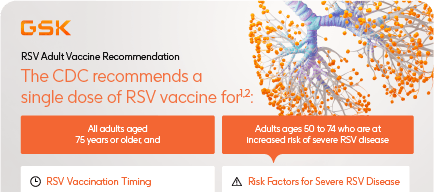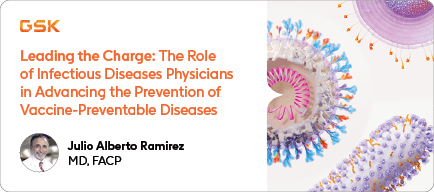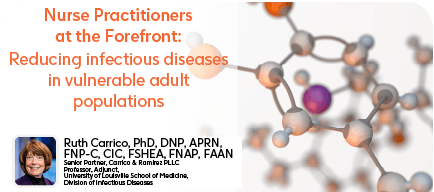Respiratory Syncytial Virus (RSV):
A Disease of All Ages
RSV can be serious for older adults and adults with certain underlying medical conditions, such as chronic cardiovascular or respiratory disease, complicated diabetes mellitus, chronic liver disease, and moderate or severe immune compromise, among others.
Learn more about RSV in adults below
Clinical Burden & Risk Factors
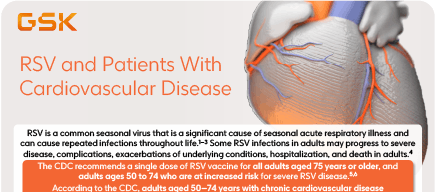
RSV and Patients With Cardiovascular Disease
- Infographic
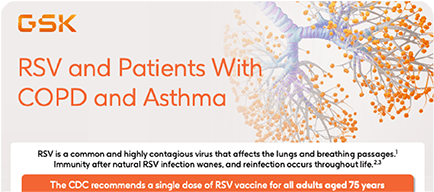
RSV and Patients With COPD and Asthma
- Infographic
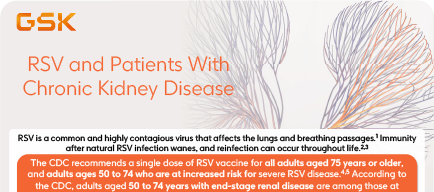
RSV and Patients With Chronic Kidney Disease
- Infographic
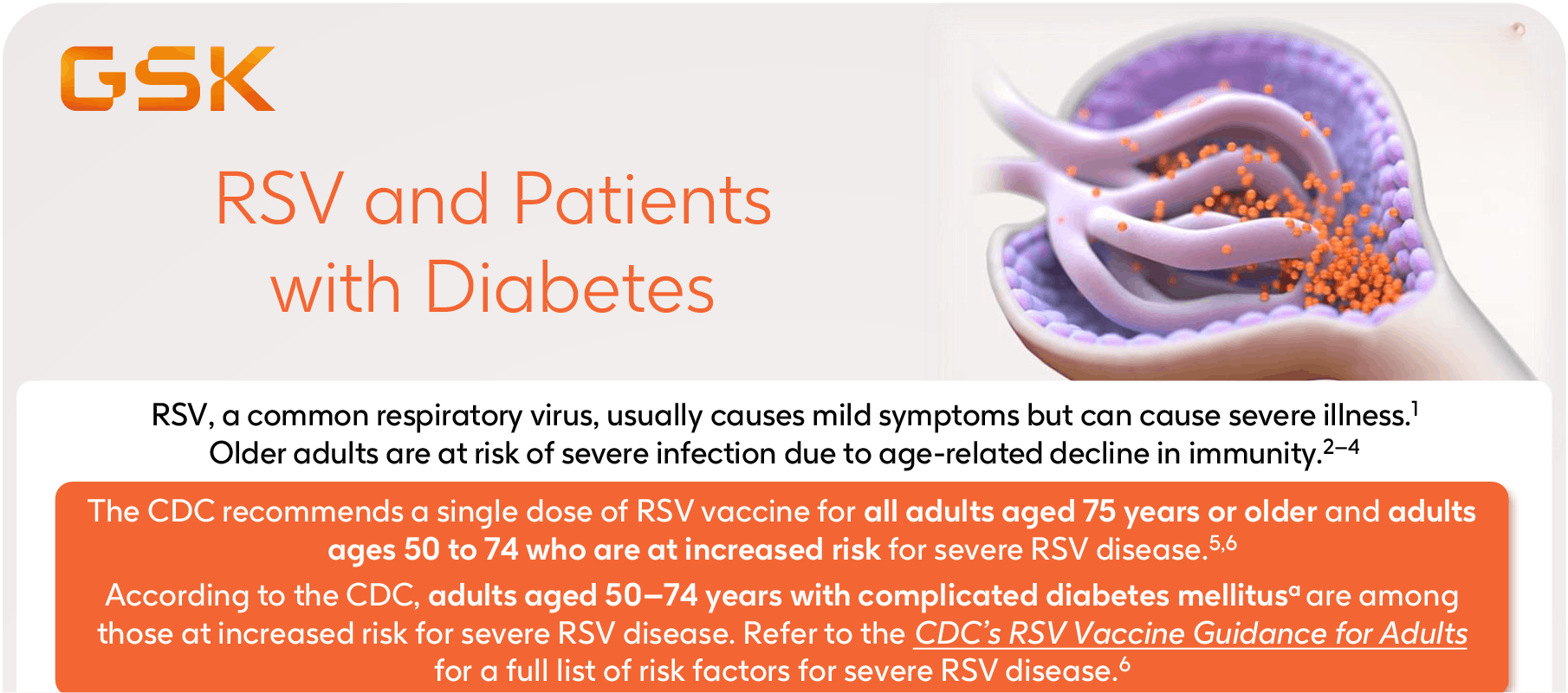
RSV and Patients with Diabetes
- Infographic
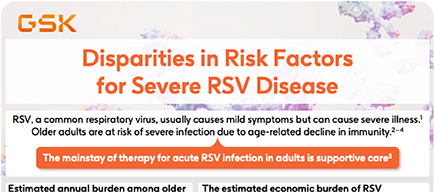
Disparities in Risk Factors for Severe RSV Disease
- Infographic

RSV Disease and Vaccination in Adults
- Infographic

Immunocompromised RSV Case Study
Dr. R Maves
- Video
- • 6:28

Cardiac RSV Case Study
Dr. A Goodcoff
- Video
- • 6:30
RSV Adult Vaccine Recommendations
Health Equity

The Comorbid Patient’s Voice: The Importance of Informed Decision Making in Vaccination
Dr. A. Burnette
- Video
- • 2:44

Why I Educate About Respiratory Health
Dr. C.J. Rutland
- Video
- • 2:08

A Personal Asthma Story
Dr. P. Gupta
- Video
- • 1:31

Prioritizing Health Literacy to Advance Health Equity
Dr. I. Brown
- Video
- • 1:40
Pharmacist Resources
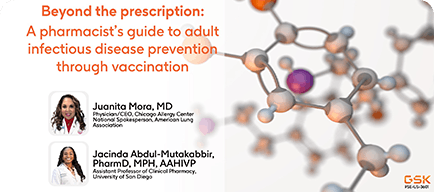
APhA2025 RSV Presentation Theater Presentation
Dr. J. Mora and J. Abdul-Mutakabbir
- Presentation
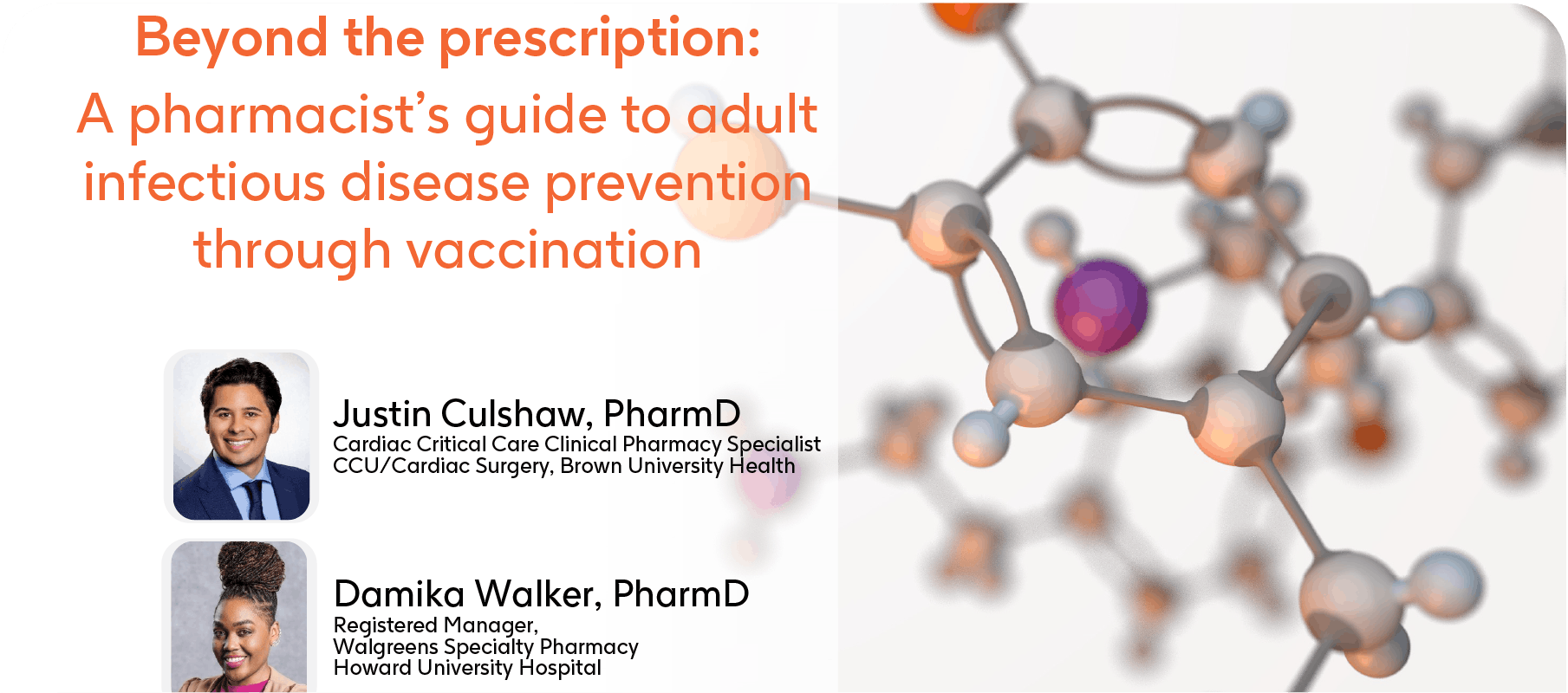
NPhA Adult VPDs Sponsored Lunch Slides
Dr. J. Culshaw and Dr. D. Walker
- Presentation
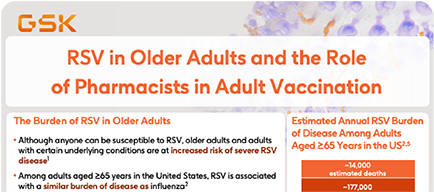
RSV in Older Adults and the Role of Pharmacists in Adult Vaccination
- Infographic
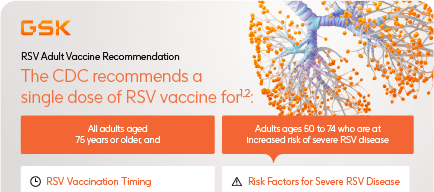
ACIP Recommendations for RSV Adult Vaccination
- Infographic

Disparities in Risk Factors for Severe RSV Disease
- Infographic




